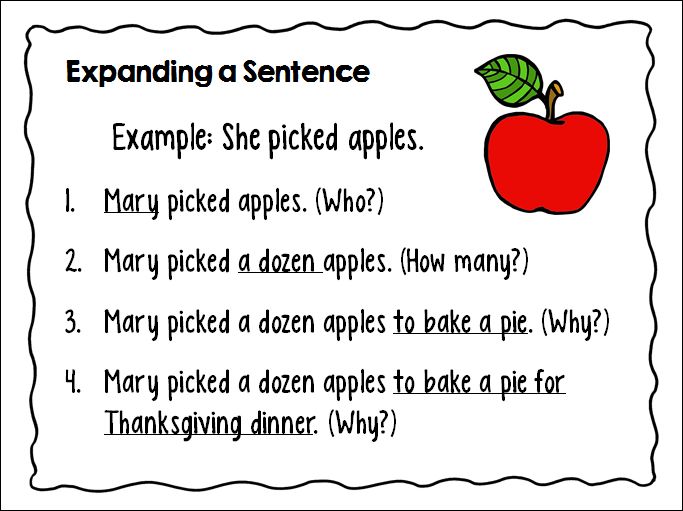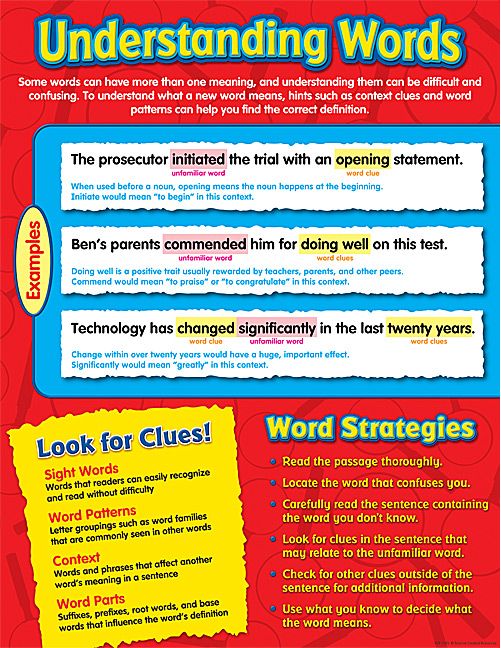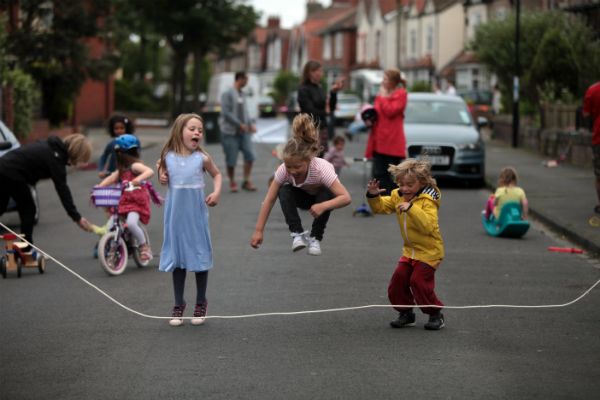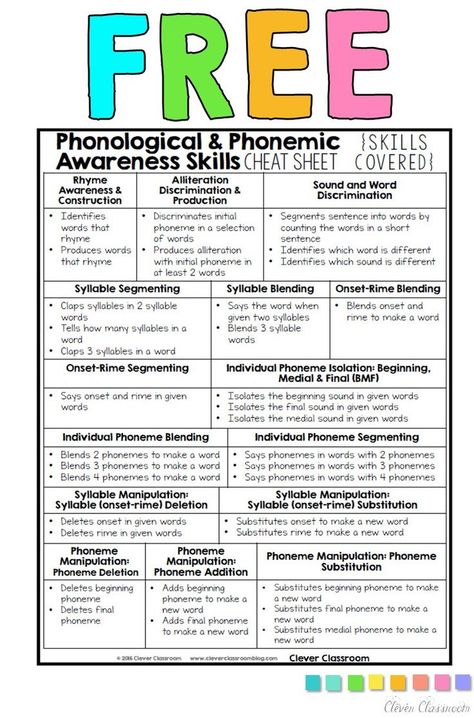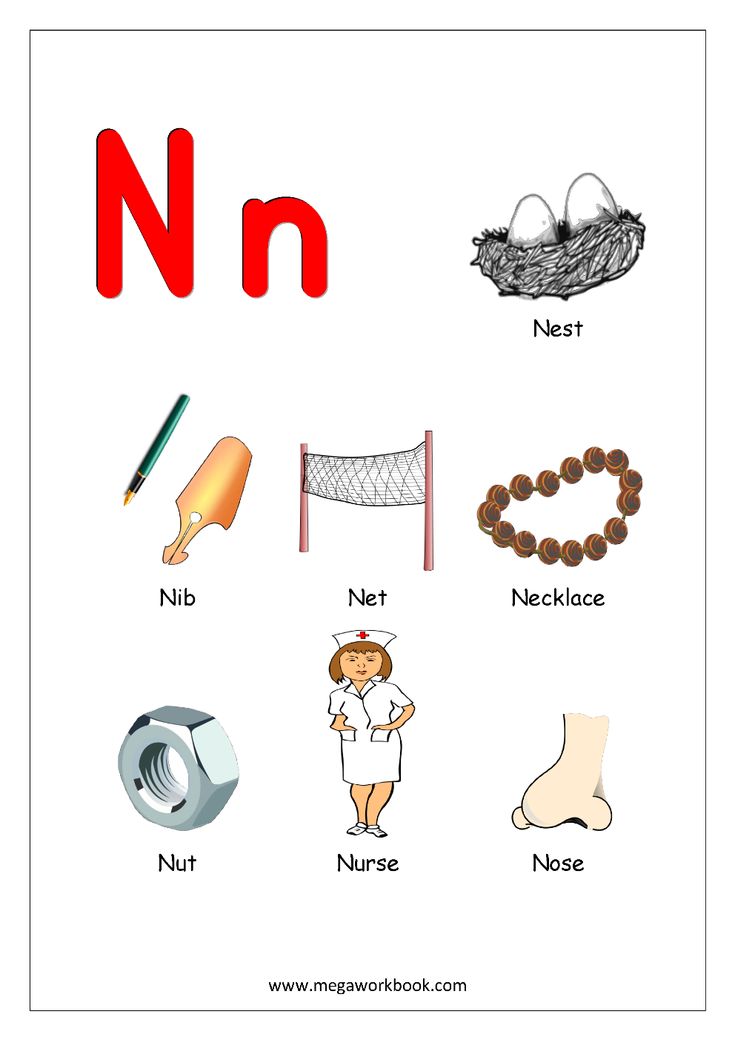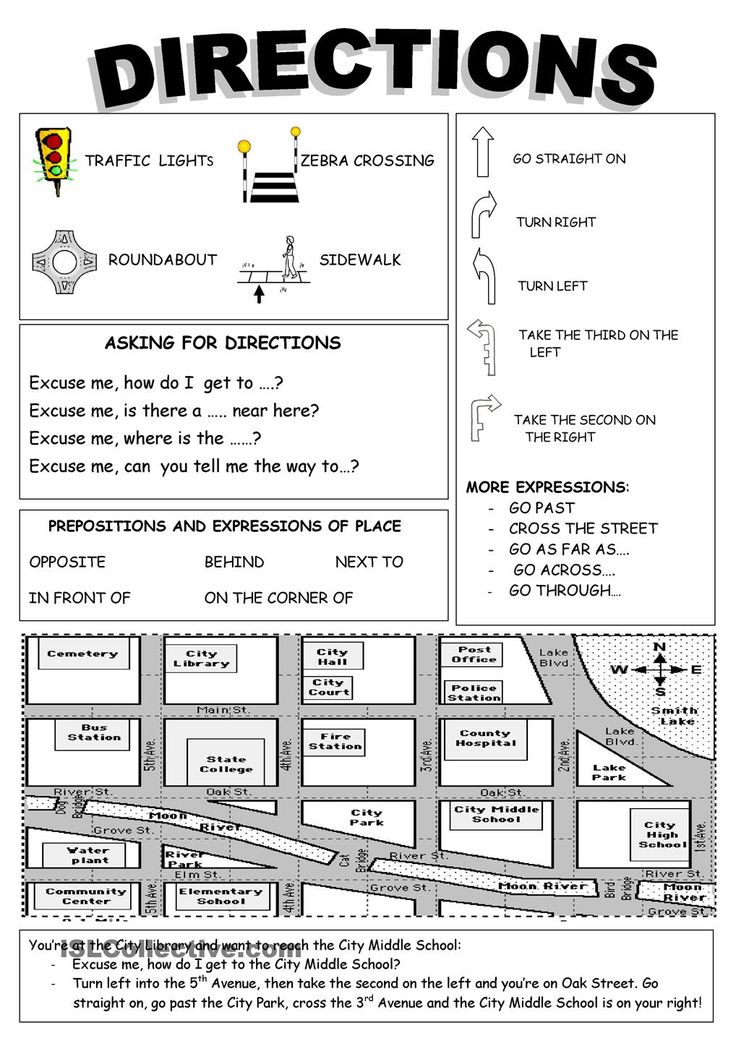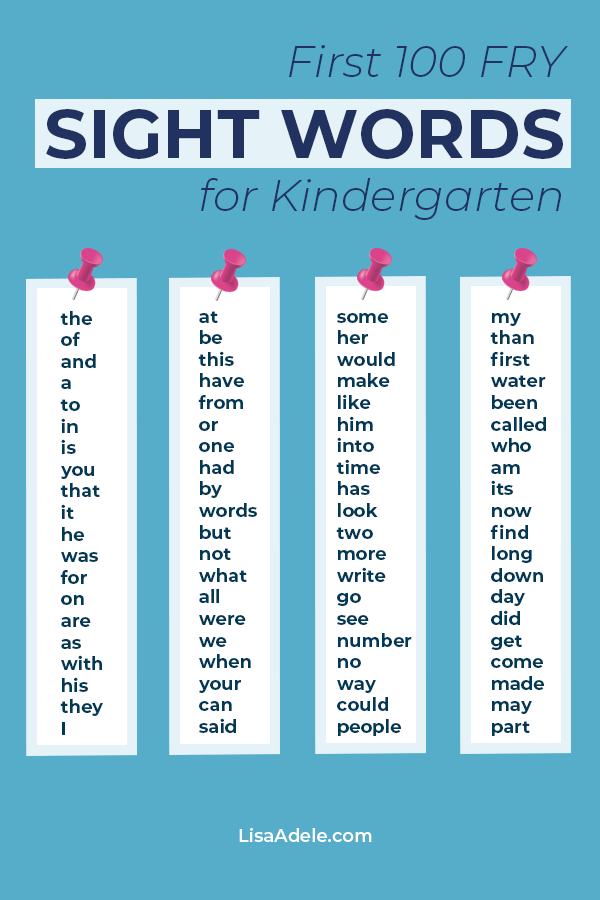Sentence for are
English Sentences with Audio Using the Word "Are"
English Sentences with Audio Using the Word "Are"- Are you OK?
- We are men.
- Are you mad?
- How are you?
- Who are you?
- Are you lost?
- Are you sure?
- We are happy.
- Where are we?
- You are late.
- Are you ready?
- Are you tired?
- Where are you?
- Are you hungry?
- Are you excited?
- Are you kidding?
- Are you serious?
- Lemons are sour.
- They are actors.
- They are pretty.
- We are his sons.
- Are they friends?
- Are you a doctor?
- Are you Japanese?
- Are you new here?
- Cherries are red.
- How are you, Tom?
- My eyes are sore.
- Those are my CDs.
- All men are equal.
- Are you a student?
- Are you all right?
- Her eyes are blue.
- His eyes are blue.
- My eyes are tired.
- Prices are rising.
- They are in class.
- We are not amused.
- When are you busy?
- You are a teacher.
- Are you going, too?
- Are you in a hurry?
- My parents are old.
- The lights are out.
- The waves are high.
- These dogs are big.
- They are both good.
- Those are my books.
- What are you doing?
- Where are you from?
- Why are you crying?
- You are very brave.
- Are you on Facebook?
- Are you ready to go?
- His shoes are brown.
- I know you are rich.
- Prices are going up.
- The apples are ripe.
- We are very similar.
- What are they after?
- What are they doing?
- Where are you going?
- You are a good cook.
- You are quite a man.
- Are you able to swim?
- Are you free tonight?
- Colds are contagious.
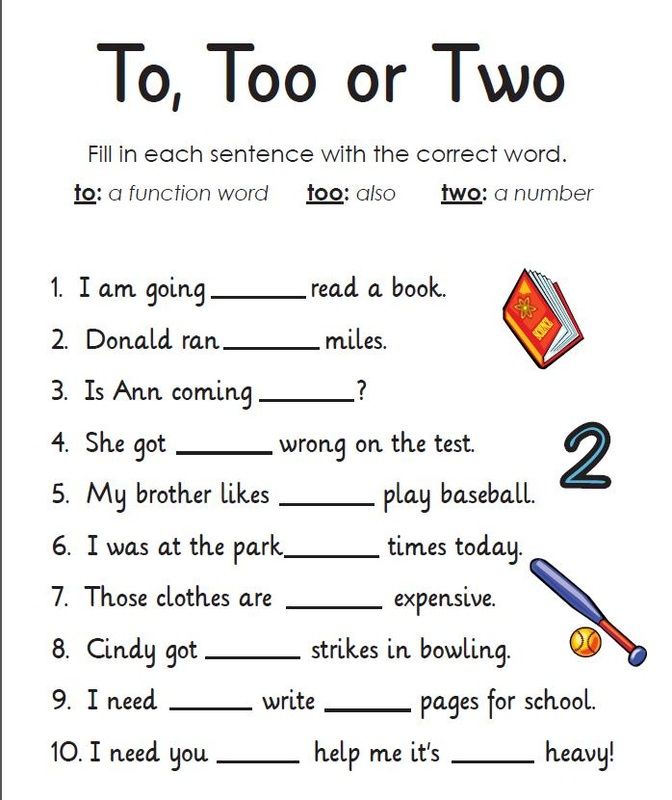
- He and I are cousins.
- My eyes are watering.
- They are good people.
- Those apples are big.
- Those houses are big.
- Visitors are welcome.
- What are you cooking?
- What are you reading?
- Where are my glasses?
- You are not Japanese.
- Are they all the same?
- Are you an only child?
- Are you free tomorrow?
- Are you sleeping, Tom?
- How late are you open?
- Those are my trousers.
- Those photos are hers.
- Tom and I are friends.
- What are the symptoms?
- Where are the showers?
- Whose shoes are those?
- Are you going to be OK?
- Foxes are wild animals.
- They are playing chess.
- What are you two doing?
- Where are your manners?
- Why are you busy today?
- You are very beautiful.
- Are you free on Tuesday?
- Are you good at cooking?
- Are you ready to go out?
- Are you referring to me?
- Sam, what are you doing?
- They are about to start.
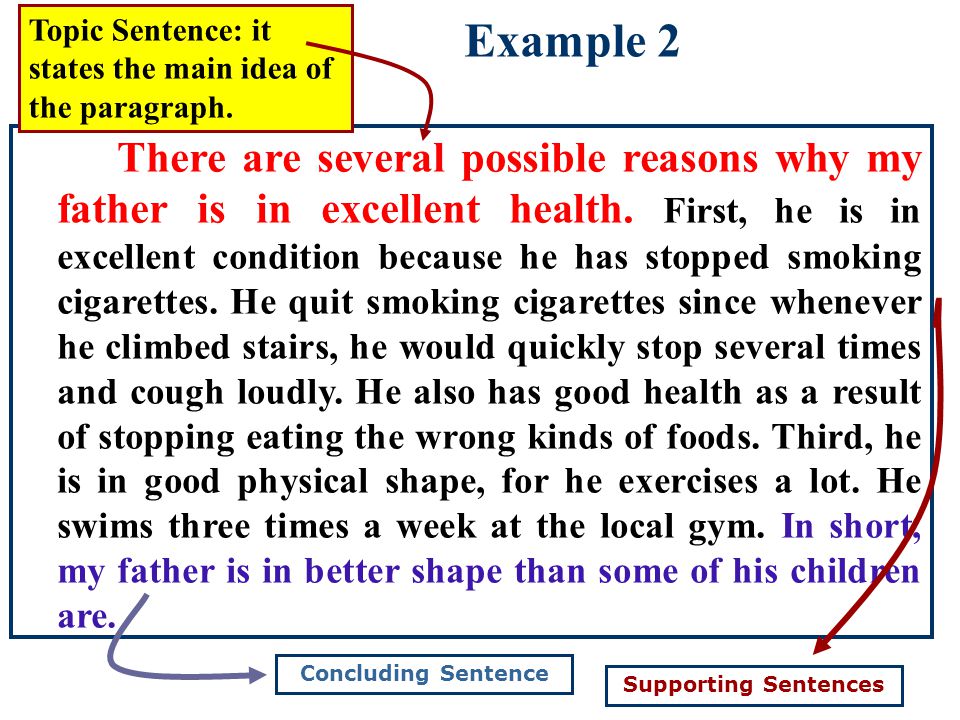
- They are gathering nuts.
- What are you looking at?
- What are you staring at?
- You are in a safe place.
- All of them are not poor.
- All the seats are booked.
- Are you losing your mind?
- Are you studying English?
- Are you writing a letter?
- Clearly you are mistaken.
- Do you know who they are?
- They are very big apples.
- We are moving next month.
- What are you going to do?
- When are you coming back?
- Who do you think you are?
- You are absolutely right.
- Mary and Jane are cousins.
- Some snakes are poisonous.
- That girl's eyes are blue.
- The workers are on strike.
- There are no comments yet.
- They are both in the room.
- What are you going to see?
- What are you trying to do?
- Are you a Japanese citizen?
- Are you afraid of the dark?
- Are you going to sing here?
- Are you going to stay long?
- Are you having a good time?
- Are you old enough to vote?
- Are you ready for the trip?
- Eggs are sold by the dozen.
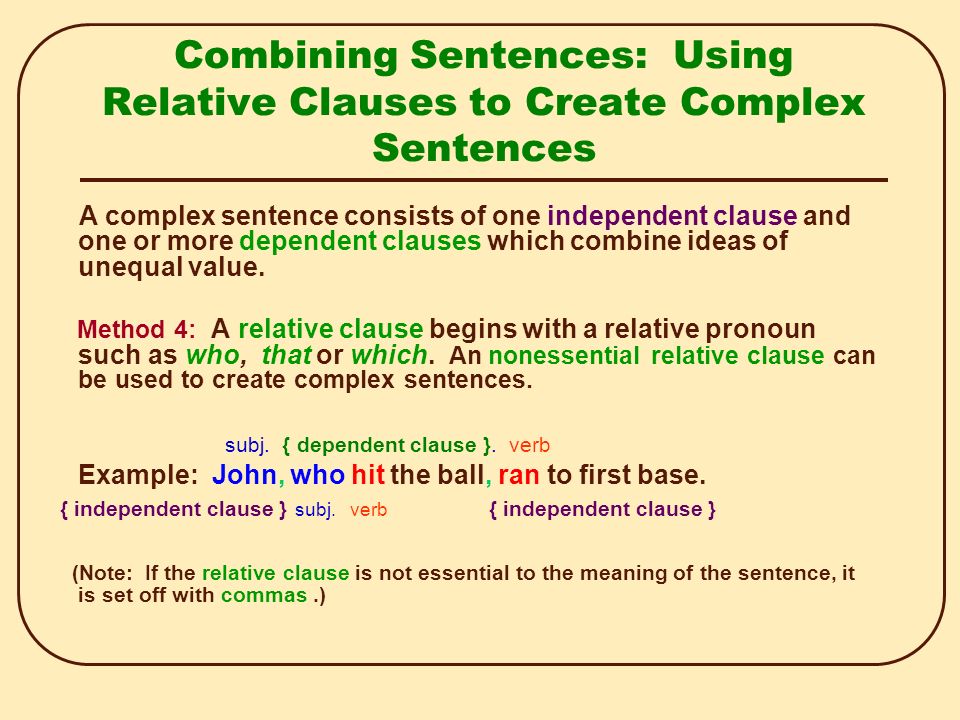
- Kim and I are the same age.
- The leaves are turning red.
- The seats are all sold out.
- Tom and I are good friends.
- We are about to leave here.
- What are you lining up for?
- What are you talking about?
- Why are you angry with him?
- Why are you looking so sad?
- Why are you so tired today?
- You and I are the same age.
- You are always complaining.
- Are you a creature of habit?
- Are you done with the paper?
- Are you happy in your house?
- Are you sure of your answer?
- Both of my parents are dead.
- The days are growing longer.
- They are both good teachers.
- Those houses are my uncle's.
- We are going to have a baby.
- What are your weekend plans?
- When are you going to leave?
- Where are your credit cards?
- You are as white as a sheet.
- You are wanted on the phone.
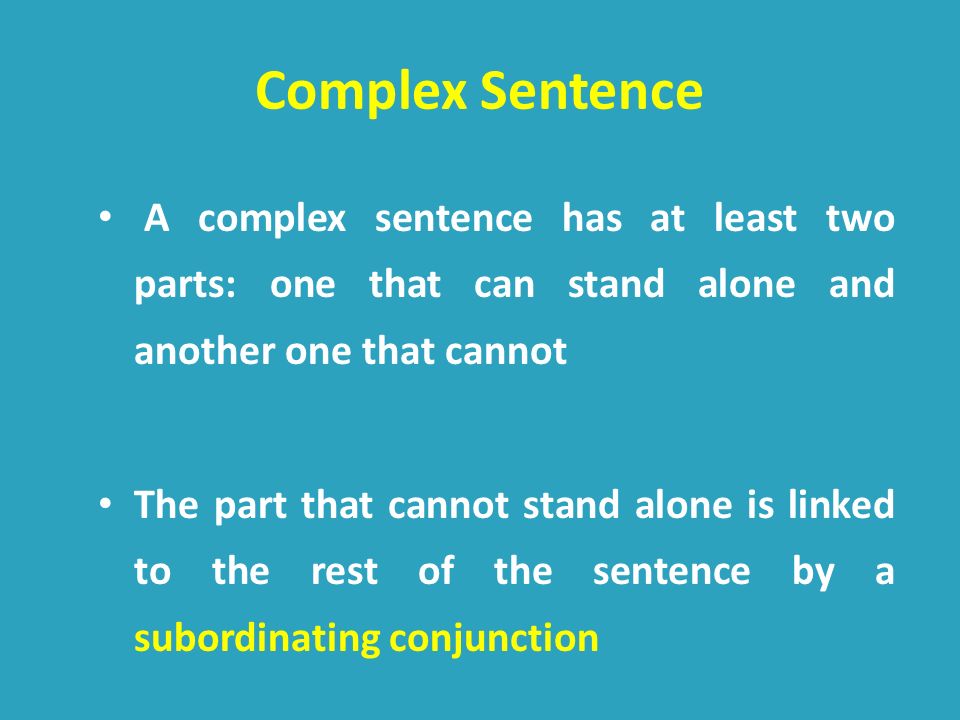
- Are you close to your family?
- Are you proud of your father?
- Both of them are in the room.
- Her feelings are easily hurt.
- The church bells are ringing.
- We are going to have a storm.
- We are in favor of your plan.
- What are you into these days?
- What line of work are you in?
- Why are you drying your hair?
- Why are you holding my hands?
- Are you a high school student?
- Are you gonna help me or what?
- Oranges are rich in vitamin C.
- The clouds are getting darker.
- Tom and John are good friends.
- Two students are absent today.
- We are staying at our uncle's.
- You and he are both very kind.
- Are you for or against my plan?
- Are you happy with your weight?
- Are you prepared for the worst?
- Are you quite certain about it?
- Are you through with the paper?
- I hear you are good at cooking.

- Strawberries are in season now.
- There are many kinds of coffee.
- Three people are still missing.
- Tom and Frank are good friends.
- Trains are running on schedule.
- What are you going to do today?
- Where are you planning to stay?
- Are there any bears around here?
- Are you finished with your work?
- Are you for or against his idea?
- Are you happy with how you look?
- Both countries are now at peace.
- The two of them are in the room.
- There are many rats on the ship.
- These men are used to hard work.
- We are men.
English example sentences with "are"
You are in my way.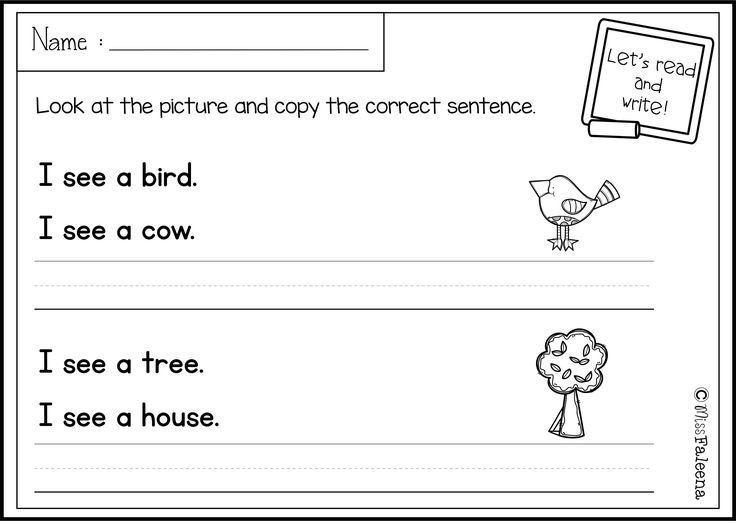
They are too busy fighting against each other to care for common ideals.
No I'm not; you are!
Are you sure?
Are you freaking kidding me?!
America is a lovely place to be, if you are here to earn money.
Every person who is alone is alone because they are afraid of others.
I am a flawed person, but these are flaws that can easily be fixed.
I don't want to lose my ideas, even though some of them are a bit extreme.
You are saying you intentionally hide your good looks?
I hate it when there are a lot of people.
There are many words that I don't understand.
Why are you sorry for something you haven't done?
Are you referring to me?
"To tell you the truth, I am scared of heights." "You are a coward!"
The Germans are very crafty.
People from Madrid are weird.
Are they all the same?
Where are the eggs, please?
The only useful answers are those that raise new questions.
I think exams are ruining education.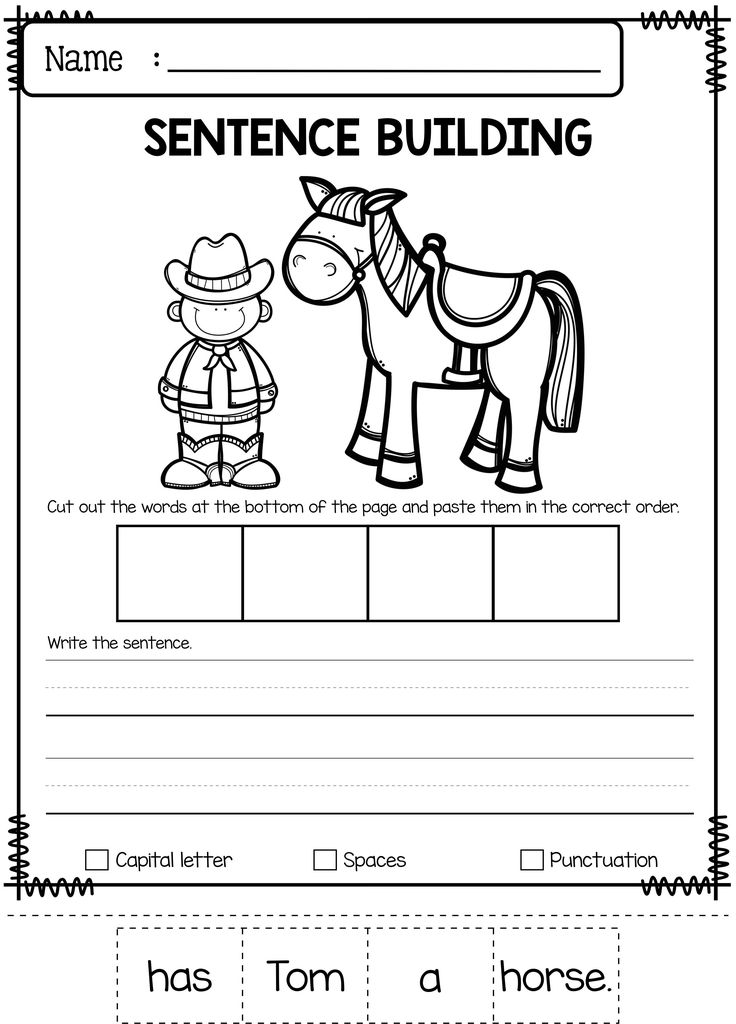
We don't see things as they are, but as we are.
We don't see things as they are, but as we are.
Where are the showers?
"Pass me the salt, please." "Here you are."
There are too many things to do!
Better to be hated for who you are than loved for who you're not.
My eyes are an ocean in which my dreams are reflected.
My eyes are an ocean in which my dreams are reflected.
And what are we going to do?
How are you? Did you have a good trip?
My shoes are too small. I need new ones.
We're getting out of here. The cops are coming.
One hundred and fifty thousand couples are expected to get married in Shanghai in 2006.
Bicycles are tools for urban sustainability.
Most scientific breakthroughs are nothing else than the discovery of the obvious.
There are no real visions.
There's no point saying "Hi, how are you?" to me if you have nothing else to say.
You are the great love of my life.
Being objective means not telling everybody whose side you are on.
Mathematicians are poets, except that they have to prove what their fantasy creates.
Mathematicians are like French people: whatever you tell them they translate it into their own language and turn it into something totally different.
There are 10 types of people in the world: those who understand binary, and those who don't.
There are days where I feel like my brain wants to abandon me.
Are you for or against abortions?
Prime numbers are like life; they are completely logical, but impossible to find the rules for, even if you spend all your time thinking about it.
Prime numbers are like life; they are completely logical, but impossible to find the rules for, even if you spend all your time thinking about it.
There are people in the world so hungry, that God cannot appear to them except in the form of bread.
Hello? Are you still here?
The formation and movement of hurricanes are capricious, even with our present-day technology.
The private colleges and universities of the United States are autonomous.
People in the world are always advocating for more freedom and equality.
Politicians are always censured for outrageous or inappropriate behavior.
Spenser's sarcastic and joking remarks are often misinterpreted as signs of ambivalence and often taken too seriously.
It is a prevalent belief, according to a nationwide poll in the United States, that Muslims are linked with terrorism.
People are often quite skeptical about things unless given believable proof.
The consensus indicates that we are opposed to the proposed idea.
Classes are starting again soon.
When we are small, everything seems so big.
How many sandwiches are there left?
Life begins when we realize who we really are.
Life starts when you decide what you are expecting from it.
What are you talking about?
The police are really good at understanding "Someone stole my credit card and ran up a lot of charges.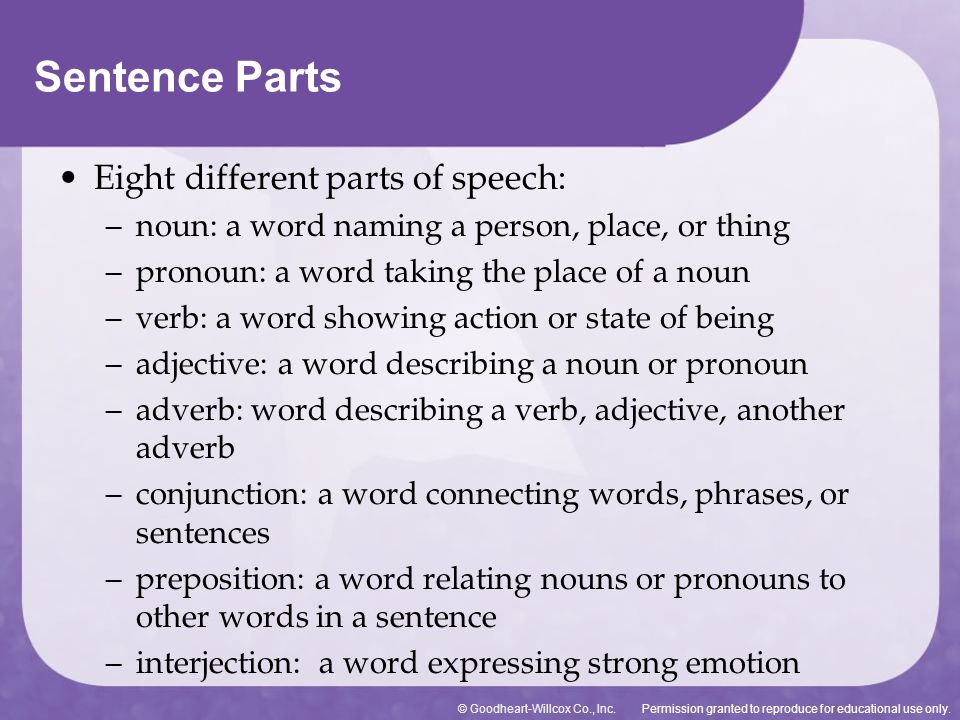 " It's a lot harder to get them to buy into "Someone stole my magic sword."
" It's a lot harder to get them to buy into "Someone stole my magic sword."
When are we eating? I'm hungry!
Are you saying my life is in danger?
Are you just going to stand there all day?
Sir, you are not allowed to park your car here.
The rooms in this hotel are really very bad at muffling sounds. I can hear my neighbor chewing his gum!
Where are you?
Elephants are the largest land animals alive today.
The elevators in a skyscraper are vital systems.
Fruits and vegetables are essential to a balanced diet.
There are a lot of things you don't know about my personality.
Perhaps you are right, I have been selfish.
There are 1000 movies that one must watch before dying.
The seven questions that an engineer has to ask himself are: who, what, when, where, why, how and how much.
You are still asking yourself what the meaning of life is?
Remember that we are all in the same boat.
Check that your username and password are written correctly.
Goodbyes are always sad.
Open the cupboard to the left, the bottles are in there.
There are also nightclubs where you dance flamenco.
We men are used to waiting for the women.
More than 90 percent of visits to a web page are from search engines.
There are things in this world which simply cannot be expressed in the form of words.
Girls are more likely than boys to be malnourished, suffer poverty, face violence and be refused an education, according to a new report.
We are haunted by an ideal life, and it is because we have within us the beginning and the possibility for it.
The scientific theory I like the best is that the rings of Saturn are composed entirely of lost luggage.
Until you make peace with who you are, you'll never be content with what you have.
You may be disappointed if you fail, but you are doomed if you don't try.
I can't understand why people are frightened of new ideas. I'm frightened of the old ones.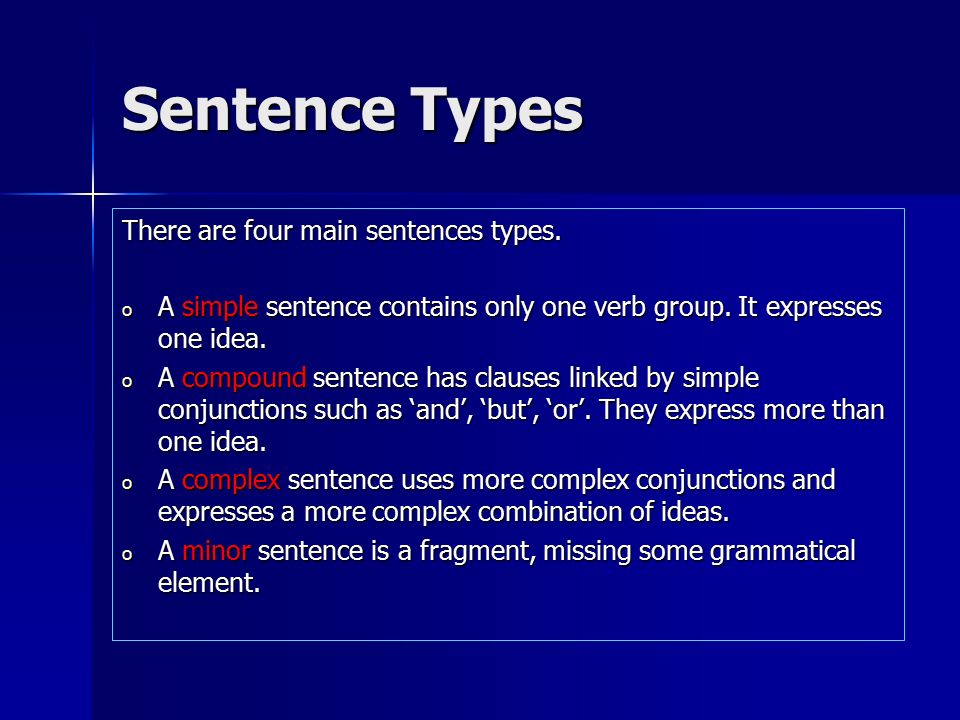
They are waiting for you in front of the door.
We are what we pretend to be, so we must be careful what we pretend to be.
In life there are ups and downs.
All cats are grey in the dark.
We are cut from the same cloth.
Why are you telling me about hippos all of the sudden? I don't see the connection between that and your twelve red goldfishes.
You can't get lost in big cities; there are maps everywhere!
We are sorry, the person you are trying to contact is not available.
We are sorry, the person you are trying to contact is not available.
The prosecutor explains - Prosecutor's office of the Chelyabinsk region
Prosecutor explains
- August 22, 2018, 12:58
Types of sentences
Text
Share
Galina Nikolaevna Cheblakova, Senior Prosecutor of the Department of Public Prosecutors of the Criminal Judicial Administration, explains
A court verdict may be acquittal or guilty.
A guilty verdict is issued when the trial proves that the defendant is guilty of a crime.
The law requires a guilty verdict only if, in the course of the trial, the guilt of the defendant is confirmed by a combination of examined evidence. A guilty verdict cannot be based on assumptions.
When deciding the verdict, all the evidence considered in the court session must be evaluated. The defendant's confession of his guilt can be the basis of a guilty verdict only if it is confirmed by a combination of other evidence. All doubts regarding the proof of the accusation, if they could not be eliminated, are interpreted in favor of the defendant.
An acquittal is issued in cases where:
1) the event of a crime has not been established;
2) the defendant is not involved in the commission of the crime - when the available evidence is doubtful or insufficient to make a decision on the case, and the possibilities for further search for additional evidence have been completely exhausted, the court passes a verdict of acquittal due to the defendant's non-involvement in the commission of the crime;
3) there is no corpus delicti in the act of the defendant - the absence of corpus delicti is recognized as the basis for an acquittal when the event took place, the fact that the defendant committed certain acts is established, but they are not criminal in accordance with applicable law;
4) the defendant has been acquitted by the jury.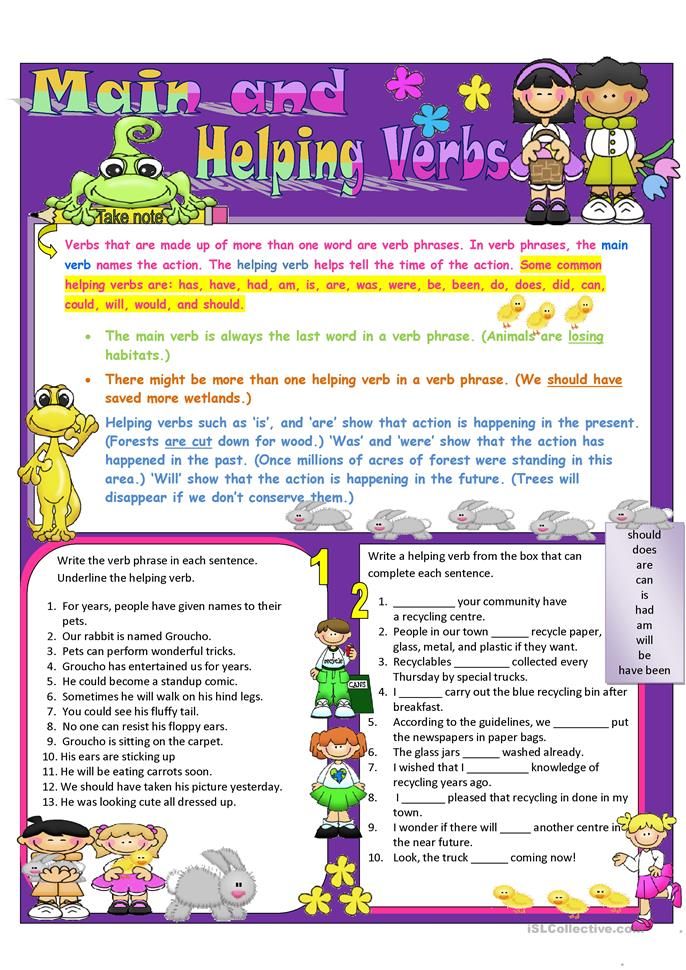
Regardless of the grounds for acquittal, the defendant is in all cases considered innocent of the crime, which entails his rehabilitation in the manner prescribed by law.
Among guilty verdicts, depending on the grounds for their decision, the law distinguishes three types of verdicts:
1) with the imposition of a sentence to be served by the convict;
2) with the imposition of a sentence and release from serving it;
3) without sentencing.
The court renders a guilty verdict with release from the imposed punishment, if by the time the verdict is passed:
1) an act of amnesty has been issued, relieving the convict from the application of the punishment imposed by this verdict;
2) the time spent by the defendant in custody in this criminal case, taking into account the rules for offsetting punishment established by the Criminal Code, completely absorbs the punishment imposed on the defendant by the court.
A guilty verdict without sentencing is issued in the following cases:
1) if an act of amnesty has been issued that releases the defendant from criminal liability;
2) if the court applies compulsory measures of educational influence instead of criminal punishment to the convicted minor;
3) if the convicted minor is placed by the court in a special educational institution of a closed type instead of applying a criminal penalty in the form of deprivation of liberty.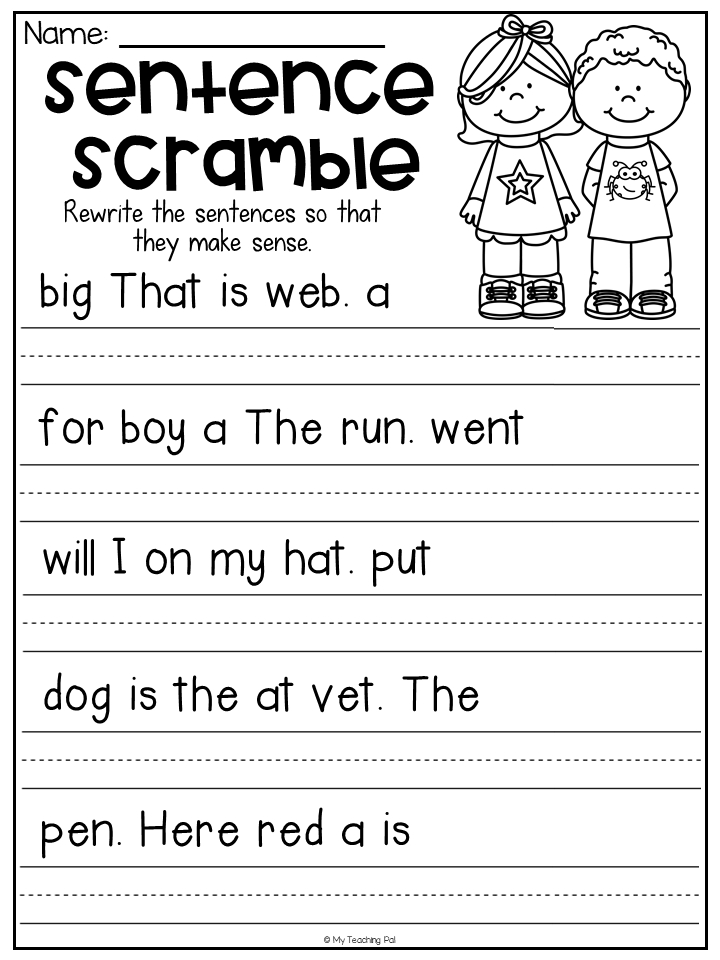
When passing a guilty verdict with the imposition of a sentence to be served, the court is obliged to indicate in the verdict the type of punishment, its amount and the beginning of the calculation of the term for serving the sentence.
Punishment must be just. It is appointed within the limits of the sanction of the criminal law, which provides for the crime of which the defendant is found guilty. When imposing punishment, the court must take into account the nature and degree of social danger of the crime, the identity of the perpetrator, including the circumstances mitigating and aggravating the punishment, as well as the impact of the punishment imposed on the correction of the convicted person and on the living conditions of his family.
In the event that the grounds for termination of a criminal case or criminal prosecution, provided for in paragraph 3 of part 1 of Art. 24 Code of Criminal Procedure of the Russian Federation or art. 25, 25-1, 28, 28-1 of the Code of Criminal Procedure of the Russian Federation will be clarified during the trial, the court, with the consent of the defendant, must terminate the criminal case and (or) criminal prosecution at any time during the proceedings. In the absence of the consent of the defendant, the court continues the consideration of the criminal case in accordance with the procedure established by the criminal procedure law. The court, having established that the actions of the defendant contain elements of a crime, passes a sentence by which it releases him from punishment in connection with the establishment of one of the above grounds.
In the absence of the consent of the defendant, the court continues the consideration of the criminal case in accordance with the procedure established by the criminal procedure law. The court, having established that the actions of the defendant contain elements of a crime, passes a sentence by which it releases him from punishment in connection with the establishment of one of the above grounds.
If it is established that there is no event of a crime or there is no corpus delicti in the act of the defendant, the court decides on an acquittal. The court makes the same decision if it is established that the defendant is not involved in the commission of the crime.
If the defendant is charged under several articles of the criminal law and the court comes to the conclusion that it is necessary to terminate the criminal case on some of them, the reasoned decision to this effect is not set out in the verdict, but in the ruling (decree) issued simultaneously with the verdict.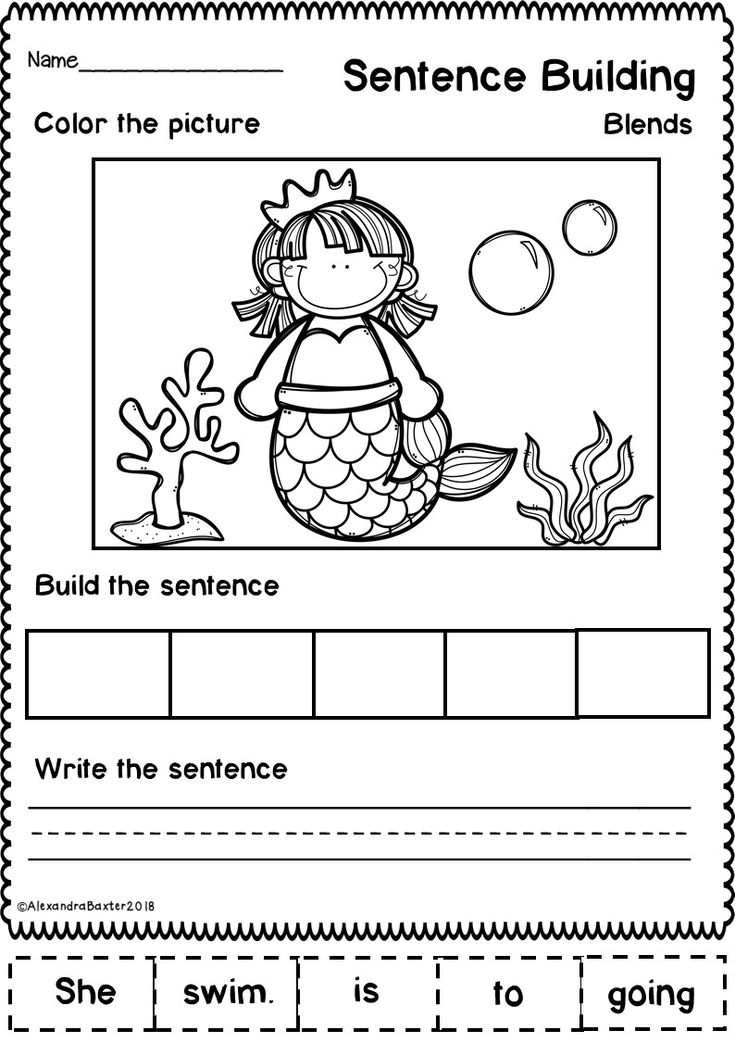 In the descriptive-motivational part of the verdict in this case, it is only indicated that the criminal case in this part has been terminated.
In the descriptive-motivational part of the verdict in this case, it is only indicated that the criminal case in this part has been terminated.
Types of sentences
Explained by the senior prosecutor of the department of state prosecutors of the criminal-judicial department Cheblakova Galina Nikolaevna
The court verdict can be acquittal or guilty.
A guilty verdict is issued when, during the trial, the guilt of the defendant in committing a crime is proven.
The law requires a guilty verdict only if, in the course of the trial, the guilt of the defendant is confirmed by a combination of examined evidence. A guilty verdict cannot be based on assumptions.
All evidence considered in the court session must be assessed when passing the verdict. The defendant's confession of his guilt can be the basis of a guilty verdict only if it is confirmed by a combination of other evidence. All doubts regarding the proof of the accusation, if they could not be eliminated, are interpreted in favor of the defendant.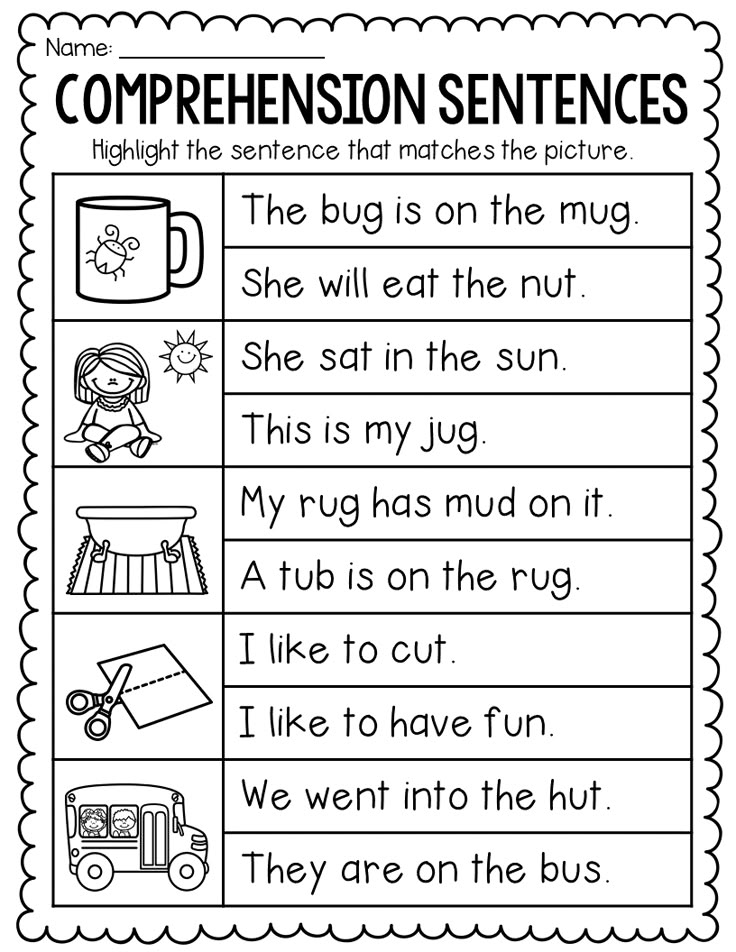
An acquittal is issued in cases where:
1) the event of a crime has not been established;
2) the defendant is not involved in the commission of the crime - when the available evidence is doubtful or insufficient to make a decision on the case, and the possibilities for further search for additional evidence have been completely exhausted, the court issues a verdict of not guilty due to the defendant's non-involvement in the commission of the crime;
3) there is no corpus delicti in the act of the defendant - the absence of corpus delicti is recognized as the basis for an acquittal when the event took place, the fact that the defendant committed certain acts is established, but they are not criminal in accordance with applicable law;
4) the defendant has been acquitted by the jury.
Regardless of the grounds for acquittal, the defendant is in all cases considered innocent of the crime, which entails his rehabilitation in the manner prescribed by law.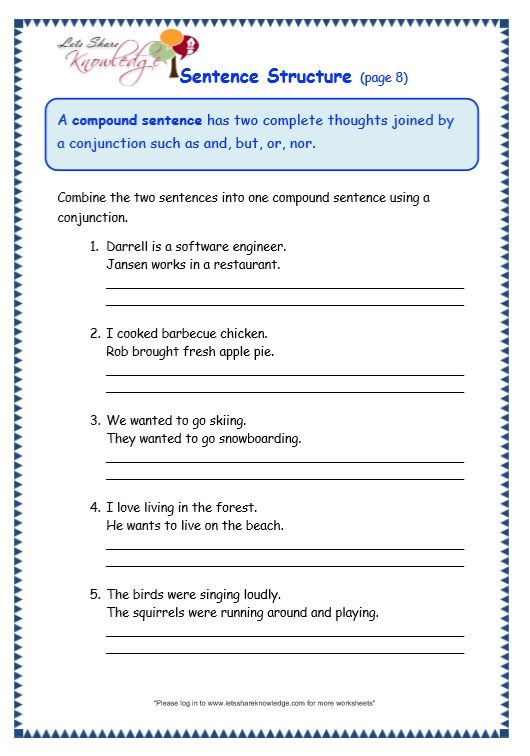
Among guilty verdicts, depending on the grounds for their decision, the law distinguishes three types of verdicts:
1) with the imposition of a sentence to be served by the convict;
2) with the imposition of a sentence and release from serving it;
3) without sentencing.
The court renders a guilty verdict with release from the imposed punishment, if by the time the verdict is passed:
1) an act of amnesty has been issued, relieving the convict from the application of the punishment imposed by this verdict;
2) the time spent by the defendant in custody in this criminal case, taking into account the rules for offsetting punishment established by the Criminal Code, completely absorbs the punishment imposed on the defendant by the court.
A guilty verdict without sentencing is issued in the following cases:
1) if an act of amnesty has been issued that releases the defendant from criminal liability;
2) if the court applies compulsory measures of educational influence instead of criminal punishment to the convicted minor;
3) if the convicted minor is placed by the court in a special educational institution of a closed type instead of applying a criminal penalty in the form of deprivation of liberty.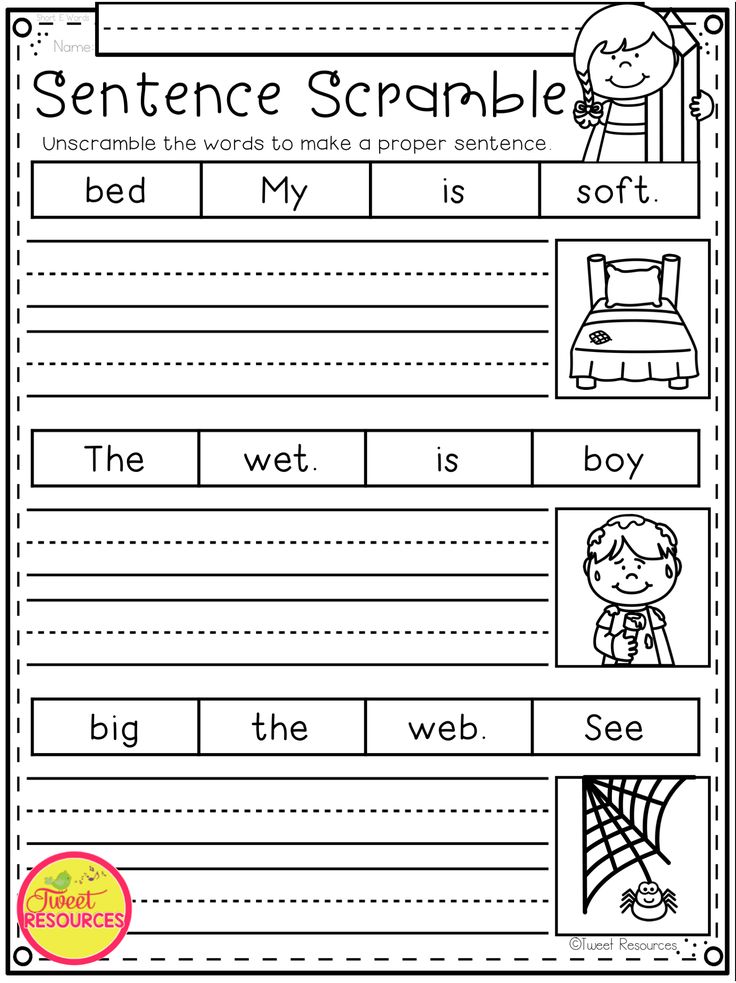
When passing a guilty verdict with the imposition of a sentence to be served, the court is obliged to indicate in the verdict the type of punishment, its amount and the beginning of the calculation of the term for serving the sentence.
Punishment must be just. It is appointed within the limits of the sanction of the criminal law, which provides for the crime of which the defendant is found guilty. When imposing punishment, the court must take into account the nature and degree of social danger of the crime, the identity of the perpetrator, including the circumstances mitigating and aggravating the punishment, as well as the impact of the punishment imposed on the correction of the convicted person and on the living conditions of his family.
In the event that the grounds for termination of a criminal case or criminal prosecution, provided for in paragraph 3 of part 1 of Art. 24 Code of Criminal Procedure of the Russian Federation or art. 25, 25-1, 28, 28-1 of the Code of Criminal Procedure of the Russian Federation will be clarified during the trial, the court, with the consent of the defendant, must terminate the criminal case and (or) criminal prosecution at any time during the proceedings.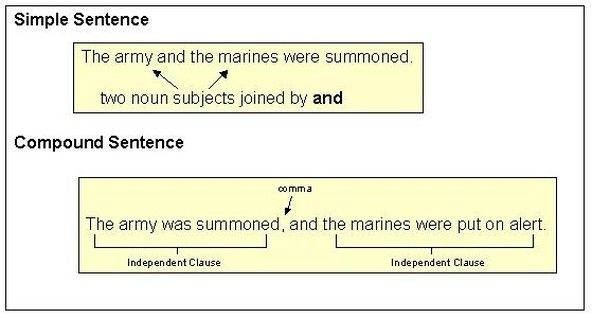 In the absence of the consent of the defendant, the court continues the consideration of the criminal case in accordance with the procedure established by the criminal procedure law. The court, having established that the actions of the defendant contain elements of a crime, passes a sentence by which it releases him from punishment in connection with the establishment of one of the above grounds.
In the absence of the consent of the defendant, the court continues the consideration of the criminal case in accordance with the procedure established by the criminal procedure law. The court, having established that the actions of the defendant contain elements of a crime, passes a sentence by which it releases him from punishment in connection with the establishment of one of the above grounds.
If it is established that there is no event of a crime or there is no corpus delicti in the act of the defendant, the court decides on an acquittal. The court makes the same decision if it is established that the defendant is not involved in the commission of the crime.
If the defendant is charged under several articles of the criminal law and the court comes to the conclusion that it is necessary to terminate the criminal case on some of them, the reasoned decision to this effect is not set out in the verdict, but in the ruling (decree) issued simultaneously with the verdict.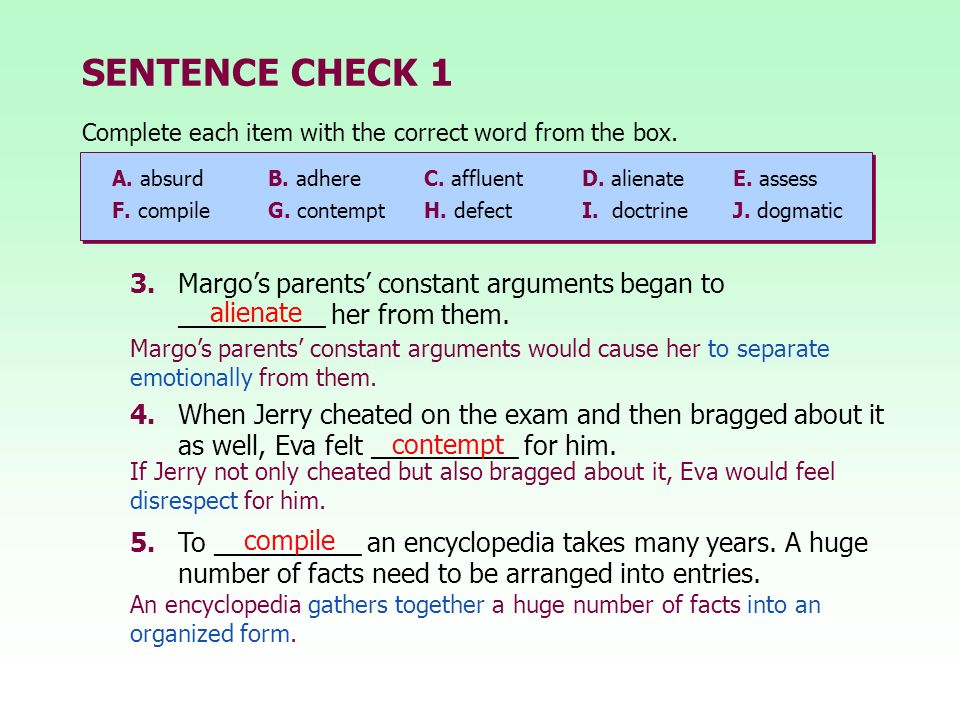 In the descriptive-motivational part of the verdict in this case, it is only indicated that the criminal case in this part has been terminated.
In the descriptive-motivational part of the verdict in this case, it is only indicated that the criminal case in this part has been terminated.
The Supreme Court overturned the guilty verdict based on the jury's verdict
Experts of the "AG" agreed that the violations listed by the Supreme Court of the Russian Federation are significant, and their totality served as an unconditional basis for the cancellation of all judicial acts. One of them added that the case revealed a problem known among law enforcers: how to ensure the proper organization of the decision of the verdict by the jury with strict observance by the presiding judge and the parties of the prosecution and defense of the provisions of the Code of Criminal Procedure of the Russian Federation.
The Supreme Court published the ruling of the court of cassation in case No. 8-UD22-8SP-A1, by which it overturned the guilty verdict handed down on the basis of the jury's verdict due to the many violations of the Code of Criminal Procedure of the Russian Federation committed during the consideration of the criminal case.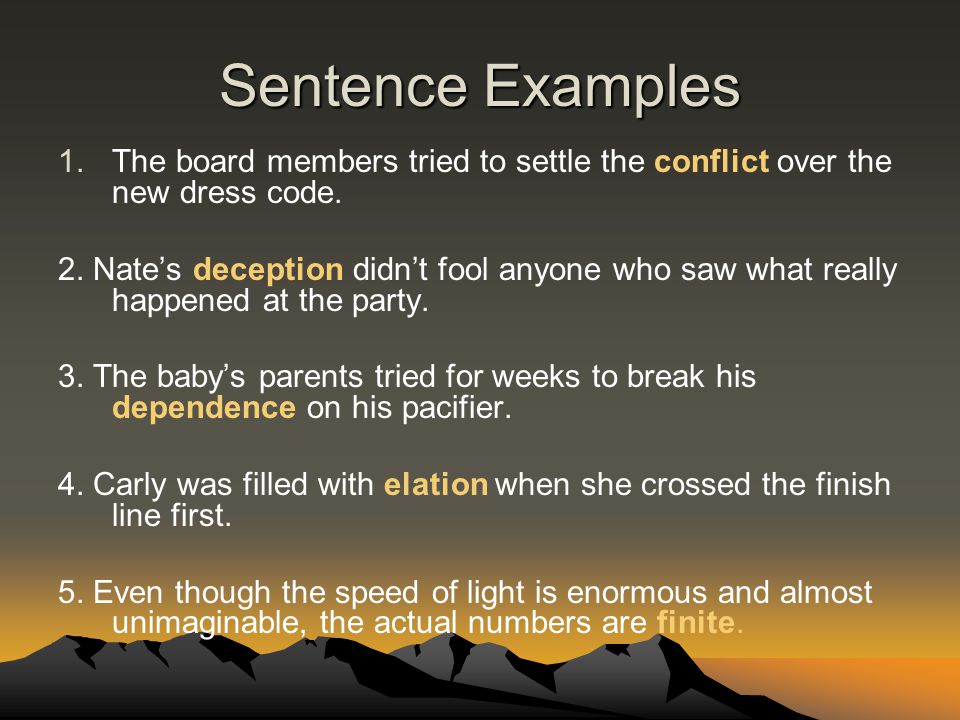
In August 2021, the Yaroslavl Regional Court, on the basis of a jury verdict, convicted Eduard Burnyshev, who had previously been repeatedly convicted, finding him guilty of intentionally inflicting light bodily harm on L. and K., causing a short-term health disorder, using an object used as a weapon, the murder of L., committed in a generally dangerous way, as well as in the deliberate destruction and damage to someone else's property, which caused significant damage, committed by arson (paragraph “e”, part 2 of article 105, part 2 of article 167, two episodes according to paragraph "c" part 2 of article 115 of the Criminal Code of the Russian Federation).The court sentenced him to 15 years in prison in a strict regime colony. The appeal upheld the verdict.
In a cassation complaint to the Supreme Court, the convict challenged the qualification of his actions, believing that the circumstances established by the verdict testify only to the arson of things in the apartment by him and are not sufficient to conclude that L.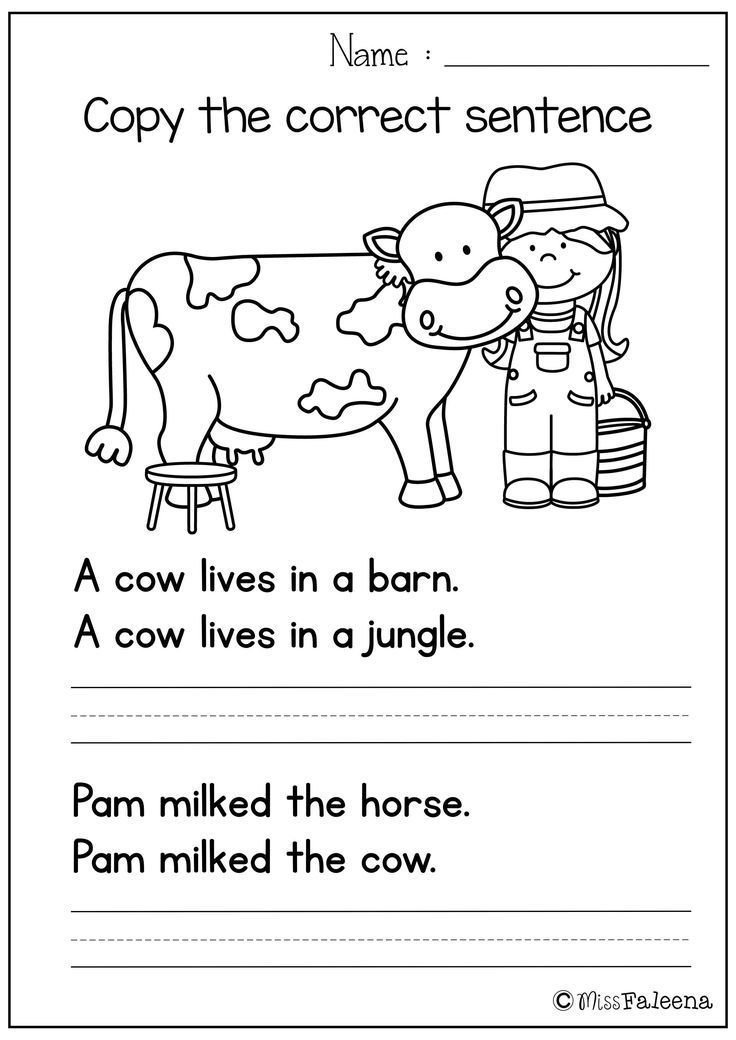 was intent to kill. Kassator added that the victim L. was conscious and saw his actions by arson, she could move, and the exits from the apartment located on the ground floor were not blocked, so her death was not due to fire, but due to carbon monoxide poisoning.
was intent to kill. Kassator added that the victim L. was conscious and saw his actions by arson, she could move, and the exits from the apartment located on the ground floor were not blocked, so her death was not due to fire, but due to carbon monoxide poisoning.
Having studied the case materials, the Judicial Collegium for Criminal Cases of the Supreme Court noted that, in violation of a number of provisions of the Code of Criminal Procedure of the Russian Federation and contrary to the presumption of innocence, during the trial and the debate of the parties, the state prosecutor repeatedly spoke about the circumstances of the rape allegedly committed by Eduard Burnyshev, with reference to the testimony of witnesses on this issue , while the latter was not accused of such a crime, therefore, the examined evidence in this part was not relevant to the subject of the trial. In turn, the presiding judge did not react in any way to such a statement by the public prosecutor, without ensuring compliance with the requirements for the study of only relevant evidence, in his parting word, he also did not explain to the jury the need to ignore the information they heard.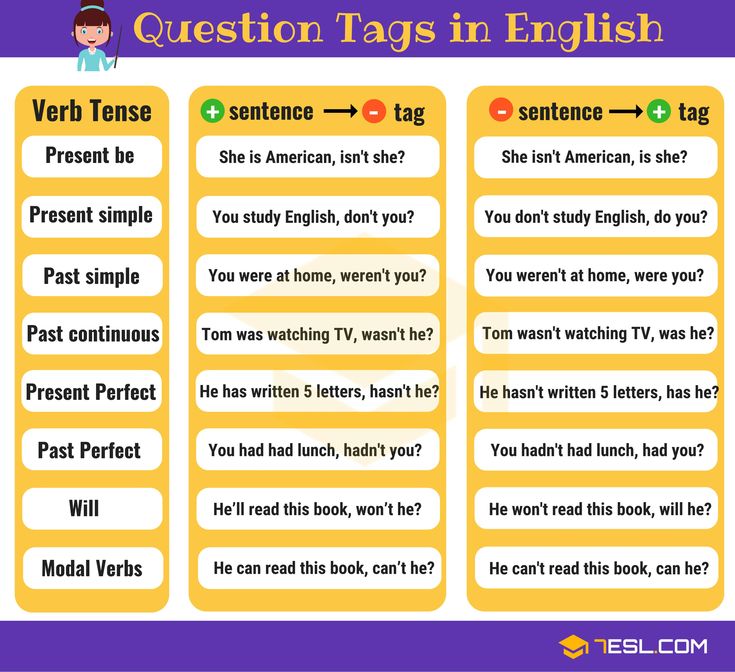
In addition, the Supreme Court noted that, with regard to the issue of researching data on the identity of the defendant, the law allows their research with the participation of a jury only to the extent that they are needed to establish certain elements of the crime of which he is accused. At the same time, it is forbidden to investigate the facts of a previous conviction, the recognition of the defendant as a chronic alcoholic or drug addict, as well as other data that could cause jurors' prejudice against the defendant. This prohibition also extends to other facts outside the scope of the prosecution, which may form the jury's prejudice against the defendant.
“In the present case, in order to establish the motive for the crime, it was not necessary to examine the evidence related to the alleged rape, since, according to the charge, the reason for hostility as a motive for the crime was a quarrel in the victim’s apartment on March 1, 2020, in connection with which the events preceding this conflict were not related to the circumstances provided for in Art.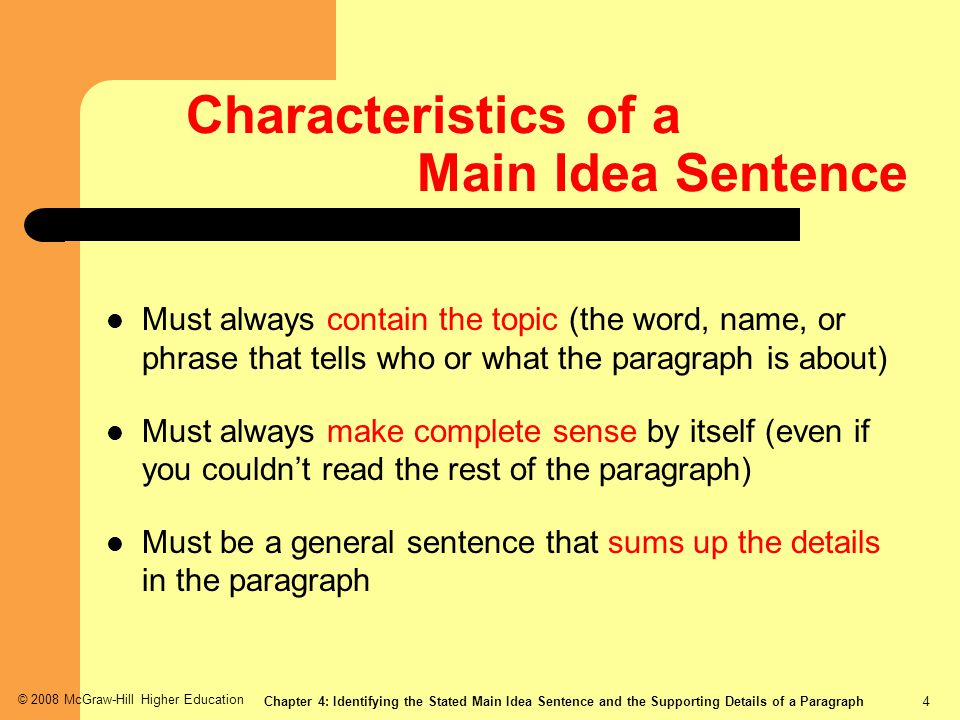 73 of the Code of Criminal Procedure of the Russian Federation, and, therefore, their study was contrary to Art. 252, 334, 335 Code of Criminal Procedure of the Russian Federation. Bringing to the jurors the specified information characterizing the defendant as a “rapist” was contrary to the law and was capable of forming a prejudice against his personality among the jurors,” the Supreme Court noted.
73 of the Code of Criminal Procedure of the Russian Federation, and, therefore, their study was contrary to Art. 252, 334, 335 Code of Criminal Procedure of the Russian Federation. Bringing to the jurors the specified information characterizing the defendant as a “rapist” was contrary to the law and was capable of forming a prejudice against his personality among the jurors,” the Supreme Court noted.
He added that during the trial and in his speech before the jury in the debate, the state prosecutor, contrary to the requirements of the Code of Criminal Procedure of the Russian Federation, used legal and special medical terms in his speech (“direct and indirect intent”, “grounds for qualification under Article 112 of the Criminal Code of the Russian Federation”, "Beloglazov's syndrome"), and also clarified procedural issues (about the optional participation of attesting witnesses in investigative actions in the event of video filming). In these cases, the presiding judge also did not stop the public prosecutor and did not give the jurors the necessary explanations.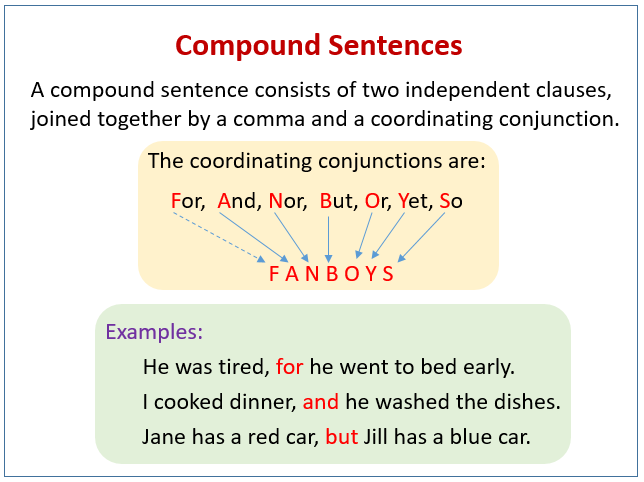
According to the results of the judicial investigation and the debate of the parties, the Court noted, the presiding judge formed a questionnaire, which included questions about the circumstances of a legal nature (about causing light, medium, serious bodily harm; about causing damage to the heiress of the deceased), while the jurors, according to Art. 334 of the Code of Criminal Procedure of the Russian Federation, should not resolve issues of a legal nature (on the severity of harm to health and on the right of the heir to compensation for damage arising from a tort obligation). “Meanwhile, the question sheet did not include the question of whether the convict had the intention to take the life of the victim by setting fire to things in her apartment, which deprived the accused of the right to prove in a jury trial his innocence in the murder charged to him. At the same time, the intention (purpose) of deprivation of life refers to the actual circumstances of the case, and in accordance with Art.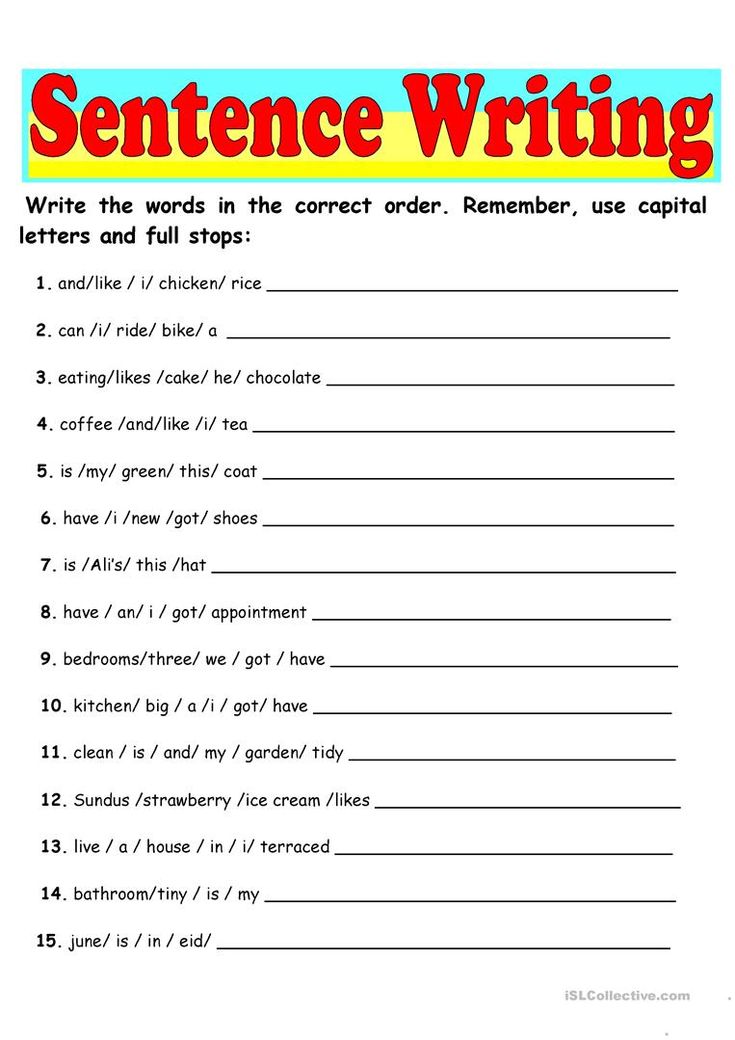 334 of the Code of Criminal Procedure of the Russian Federation, its establishment is within the competence of the jurors, and not the presiding judge, ”the Supreme Court emphasized.
334 of the Code of Criminal Procedure of the Russian Federation, its establishment is within the competence of the jurors, and not the presiding judge, ”the Supreme Court emphasized.
In the framework of this case, as the Court explained, the formulation of such a question was necessary, since Burnyshev was charged with murder with direct intent, and the convict disputed such a circumstance. The absence of this question in the question sheet indicates that the content of the verdict does not meet the requirements provided for by Art. 252 Code of Criminal Procedure of the Russian Federation. Thus, the Supreme Court canceled the lower court decisions and returned the criminal case for a new consideration to the regional court, appointing a preventive measure for Eduard Burnyshev in the form of detention for two months.
Commenting on the decision of the Supreme Court, Aleksey Ivanov, managing partner of Legal Status Law Firm, noted that in the case under consideration, the court of first instance committed critical violations that were incompatible neither with the appointment of criminal proceedings, nor with the observance of the law and the meaning of the administration of justice, which rightly served as the basis for overturning the sentence: “ It is commendable that the court of cassation (unlike the court of appeal) thoroughly understood the case, applied Art. 401.16 of the Code of Criminal Procedure, did not limit himself to the arguments of the cassation appeal, but conducted an audit of the criminal case and drew attention to significant violations of the law.
401.16 of the Code of Criminal Procedure, did not limit himself to the arguments of the cassation appeal, but conducted an audit of the criminal case and drew attention to significant violations of the law.
The expert drew attention to the fact that the cassation revealed a violation of Art. 252 Code of Criminal Procedure. “And the point is not even that the trial should be conducted only within the framework of the charges brought, but also that the presiding judge is obliged to respond in a timely manner to a violation of this rule and draw the attention of the jurors. An attempt to change the charge is a significant violation of the criminal procedure law, which affected the outcome of the case, and the basis for the annulment of the sentence. Proceedings with the participation of jurors have their own specifics, one of which is the prohibition of research in the presence of jurors of data on the identity of the defendant. The violations listed by the Supreme Court are significant, and their totality served as an unconditional basis for the cancellation of all judicial acts that took place, ”concluded Alexei Ivanov.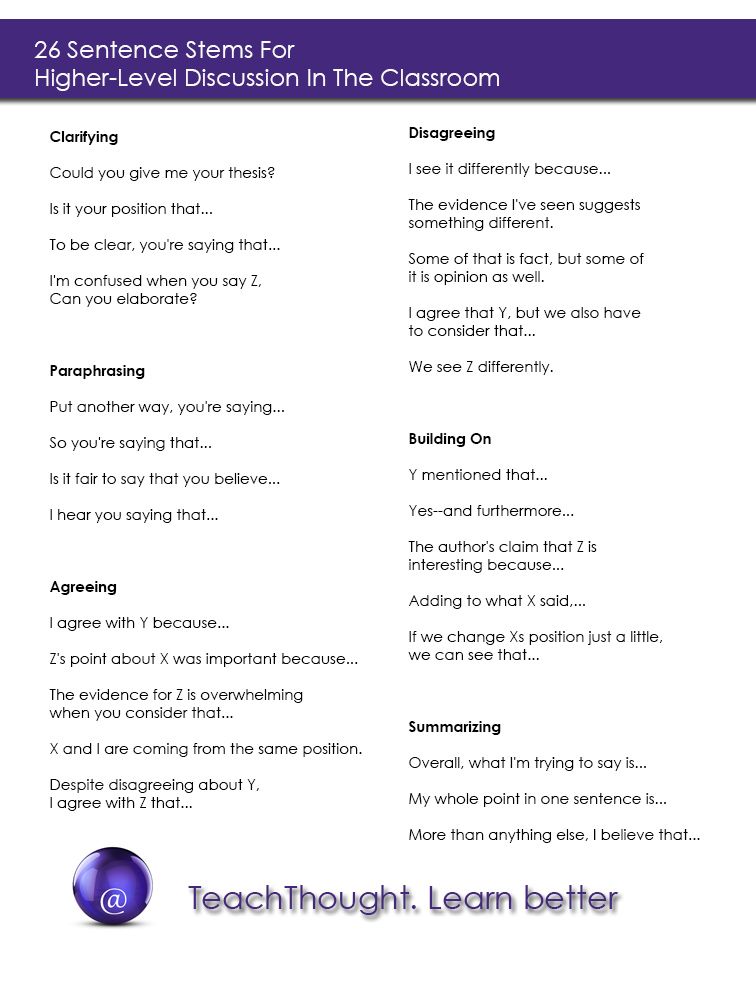
Alexey Nyankin, Senior Partner at Nyankin & Partners, believes that the definition of the Supreme Court revealed a well-known problem among law enforcers: how to ensure the proper organization of the decision of the verdict by the jury with strict observance by the presiding judge and the parties of the prosecution and defense of the provisions of Art. 252, 334-336, 338 Code of Criminal Procedure of the Russian Federation. “The institution of juries in modern Russia has existed for more than 25 years, but the mistakes of individual judges only indicate that their qualifications clearly do not meet the expectations of the legal community,” he stressed.
According to the expert, each of the revealed violations of the law separately serves as an independent basis for the cancellation of the verdict and the sentence decided on its basis. “The presiding judge allowed the jury to evaluate and resolve legal issues, allowed the public prosecutor to investigate circumstances that are not included in the subject of proof by virtue of Art.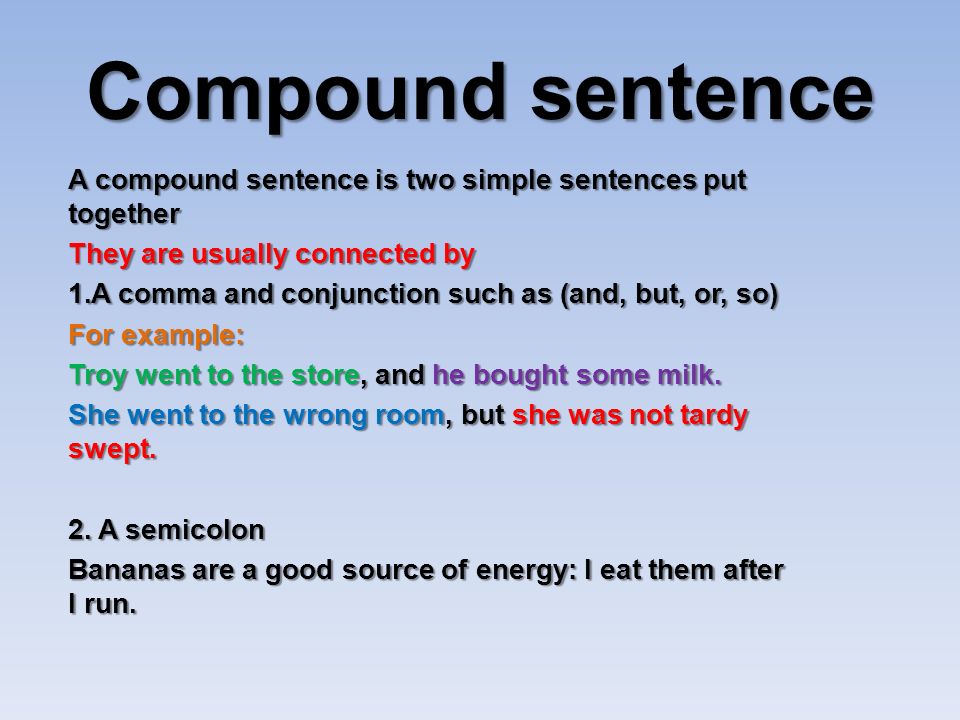 252 of the Criminal Procedure Code of the Russian Federation, as well as bringing the data of the defendant to the jury, and in the end, he also made mistakes in posing questions to the jury. In practice, there are many cases when the presiding judge, through the “petty foul tactics”, implicitly assists the prosecution in forming a “framework” of the accusatory position before the jury. However, the conclusions of the court of cassation indicate that the entire process of administration of justice in a particular case was built on a “maybe” (apparently, taking into account the marginality of the defendant),” Aleksey Nyankin suggested.
252 of the Criminal Procedure Code of the Russian Federation, as well as bringing the data of the defendant to the jury, and in the end, he also made mistakes in posing questions to the jury. In practice, there are many cases when the presiding judge, through the “petty foul tactics”, implicitly assists the prosecution in forming a “framework” of the accusatory position before the jury. However, the conclusions of the court of cassation indicate that the entire process of administration of justice in a particular case was built on a “maybe” (apparently, taking into account the marginality of the defendant),” Aleksey Nyankin suggested.
In this regard, the lawyer expressed a desire to see such a principled position of the cassation in all cases and complaints. “And the arguments of this ruling of the Supreme Court for each of the violations of the procedural law should be consistently evaluated by the appellate and cassation courts in other cases when the defense refers to them,” the expert concluded.